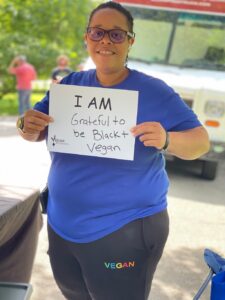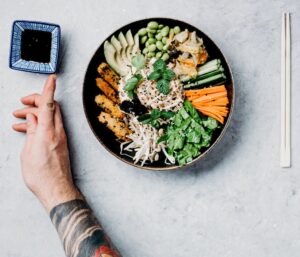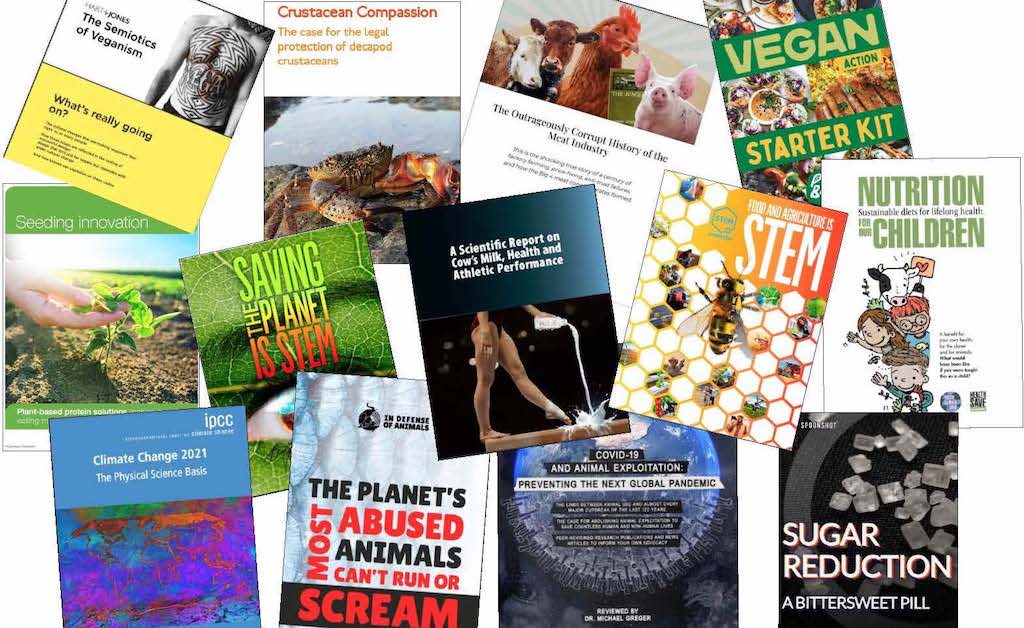By Ruha Thevi
Irritable Bowel Syndrome (IBS) often goes under different names: spastic colon, irritable colon, mucous colitis, and spastic colitis. IBS is a separate condition from Inflammatory Bowel Disease (IBD) and isn’t related to other bowel conditions.
IBS has a mixture of symptoms such as cramping, abdominal pain, bloating, gas, constipation, and diarrhea. Every person is different, so the combination of these symptoms can vary from person to person, just like the occurrence, intensity and duration. Irritable Bowel Syndrome can affect men and women equally with symptoms being basically the same.
IBS can have similar symptoms to bowel infection, food allergies, anemia or celiac disease. To rule these out, your doctor might ask you to perform some little experiments, such as removing from your diet some groups of foods to make sure that you are not allergic or particularly sensitive to anything. Your doctor might also recommend having blood tests, stool analysis, or a colonoscopy.
Know what triggers Irritable Bowel Syndrome
The exact causes of IBS are not really clear, and IBS is often believed to be the consequence of some bacterial infection or having an overly-sensitive colon or weak immune system. Doctors usually talk about the “triggers” of IBS. Things that most commonly trigger IBS are certain types of foods (which could be different for each of us), stress, and anxiety.
It is recommended that those who suffer from IBS keep a simple “food diary” that can help you and your doctor recognize foods that trigger your condition. In the same way, it is important to learn to recognize stress and anxiety at an early stage and manage these in the way you find most effective. A walk in nature can help. Physical activity and exercise are usually suggested, as well as any other mind-calming activity such as yoga or meditation.
Manage IBS with a healthy lifestyle
I would suggest people follow a healthy DIETSTYLE to manage IBS:
Sleep: Sleep early at night, and on an empty stomach. This will guarantee a good night’s sleep, where both your body and your mind can rest and relax, therefore boosting your immune system and balancing your hormones, making you more energetic, more focused, happier and more resistant to stress and anxiety.
Stay hydrated: Drink plenty of plain, fresh, room-temperature water during the day. This will keep your body hydrated and well-functioning. It will help your body detox, therefore reducing the risk of inflammation, especially in your gut. If you are not accustomed to the (amazing) taste of plain water, you can give it some flavor; unsweetened teas and infusions would be amazing. On this point we might suggest camomile tea, which is also great with its calming and relaxing effects.
Get exercise: Be active and exercise. A good daily amount of physical activity and exercise are good for the body (improving your metabolism, immune system, bone and muscle health), as well as for the mind (balancing your hormones, making you feel more energetic, happier and, of course, helping relieve stress and anxiety).
Reduce stress to manage IBS
Manage stress: Learn to recognize stress and anxiety when they are still at their early stage, and find a suitable activity to tackle them. For example, switch off your phone or computer temporarily, take a short nap, go for a walk, do some meditation, take a nice shower, sing your favorite song, or do anything that makes you feel more relaxed and helps you manage your stress.
Eat well to manage Irritable Bowel Syndrome
Eat well: If you suffer from IBS, you might want to reduce food portions and maybe increase your number of meals during the day. You should avoid any drinks that can hurt your body and gut, such as coffee, carbonated drinks, and alcoholic drinks.
In the same way, you might want to avoid heavy, greasy or sugary foods. And give more space in your diet to fresh and seasonal fruits and vegetables. If you find fibers difficult to digest and you do not feel good with too many green leafy vegetables or grains, try eating milder foods such as boiled potatoes, pumpkins and squashes, or beets. Remember that fibers are very important, so maybe you can use some freshly squeezed fruit and vegetable juices in your diet that will deliver little insoluble fiber (the “big” fiber that sweeps your guts from the inside) but a good amount of soluble fiber (the “small” fiber that cleanses your blood vessels and organs).
If lentils and beans make you feel bloated, try to reduce their consumption. You can still find plenty of proteins in other vegetables, nuts and seeds (in moderation), and mushrooms. For optimal gut health, probiotics are recommended; you can find them in the form of yogurt, kefir, kombucha (easy to make at home, by the way), or other fermented foods (miso soup, tempeh, sauerkraut).
Do add herbs to your food – ginger, turmeric, pepper, oregano, basil – to deliver a lot of vitamins and minerals to your body, helping you also get rid of the usual bloating. But try to avoid hot chili pepper and hot spicy foods in general, which could affect your sensitive gut.
And always remember, for a healthy body, mind, and gut – IBS or not – the universal trick is always the same: a healthy and balanced lifestyle, combined with healthy and balanced food habits.
Ruha founded the movement “Nutrivolution” and is the author of Naturally Dietstyle.
Health is in your nature
Our bodies have evolved over time and have become perfect machines. Machines, with a hidden and unfortunately forgotten function: self-healing. Your body is meant to be healthy. When we say “health is in your nature,” we mean it, literally.

Read next: Nutrition in modern society: Health is in your nature


















